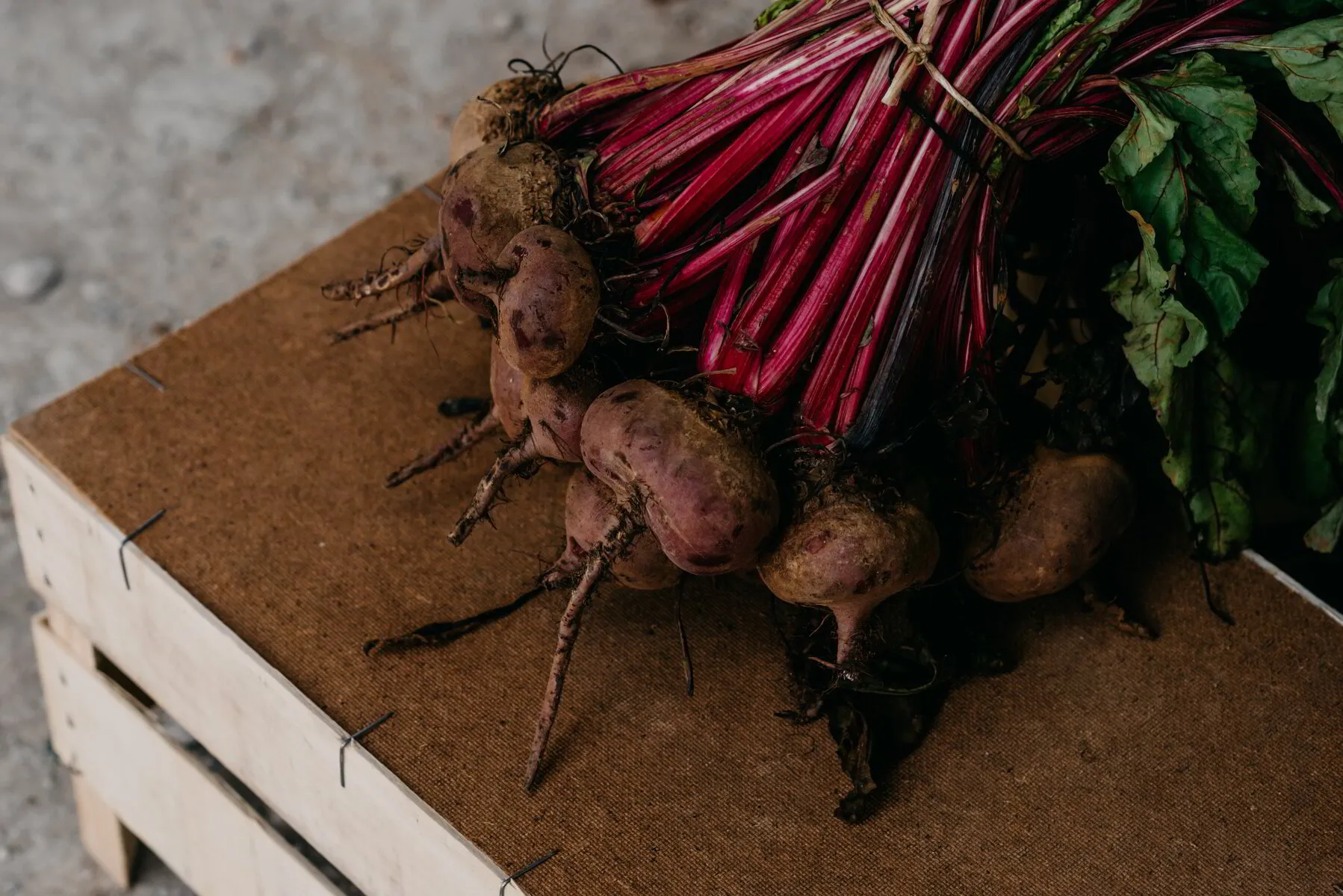"Let food be thy medicine" - Hippocrates.
It’s true. If you work with me, this is a foundational piece of our fertility treatment plan. In fact, it’s so important I build a whole course centered around it. You can check that out here.
This recent study looked at three foods and their role in implantation and pregnancy rates. The goal was to support blood flow to the uterus by promoting nitric oxide production. The results? Significant improvement in implantation rates and pregnancy rates. Let’s dive in.
What is nitric oxide and why is this important for fertility?
The endometrium is a highly dynamic structure, meaning is constantly changing. This is especially important during implantation where immune cells and growth of blood vessels supply important nutrients and signaling, essential for creating the perfect environment for embryo implantation.
Nitric oxide (NO), has been shown to be an important biological chemical that causes vasodilation, or widening of blood vessels improving blood flow and endometrial receptivity. Increased levels are seen during implantation and low levels are thought to prevent pregnancy.
Thus, during implantation or after a frozen embryo transfer, supporting NO production may be beneficial
How to support NO production with food?
This study explored three foods due to their ability to support NO production.
1. Beetroot
Beetroot is a source of antioxidants and is abundant in micronutrients that help with NO production. A previous study showed that a single dose of beetroot juice improves endothelial function.
2. Watermelon
Watermelon is high in an amino acid called L-citrulline. This is the best-absorbed precursor and is essential in the production of NO. Consumption of watermelon is thought to raise L-citrulline levels.
3. Ginger
Ginger could also be considered a superfood. It’s rich in active compounds that have antioxidant, anti-inflammatory, and antimicrobial effects. It is also known to increase NO levels.
In this study, a mixture of beetroot, watermelon, and ginger juice was consumed daily from frozen embryo transfer day until the pregnancy test.
The results?
Significant improvement in implantation rates (25% vs 20%) and clinical pregnancy rates (41% vs 22%) were observed.
Given this is a safe, inexpensive method to support embryo transfer, these results are intriguing and may be something to consider discussing with your healthcare provider.
In health,
Dr. Ashley Damm, BSc., ND
References:
- Halpern G, Braga DPAF, Morishima C, Setti AS, Setti AI Jr, Borges E Jr. Beetroot, watermelon and ginger juice supplementation may increase the clinical outcomes of Intracytoplasmic Sperm Injection cycles. JBRA Assist Reprod. 2023 Sep 12;27(3):490-495. doi: 10.5935/1518-0557.20230012. PMID: 37459441.
- Chwalisz K, Garfield RE. Role of nitric oxide in implantation and menstruation. Hum Reprod. 2000 Aug;15 Suppl 3:96-111. doi: 10.1093/humrep/15.suppl_3.96. PMID: 11041226.

